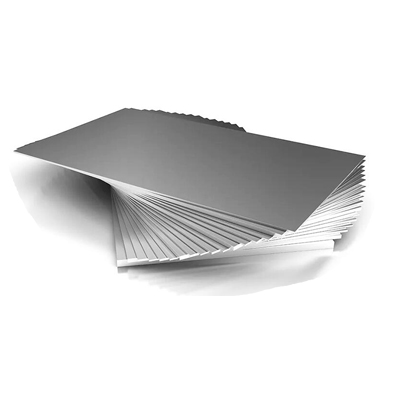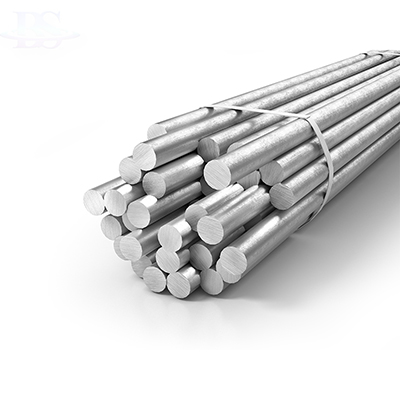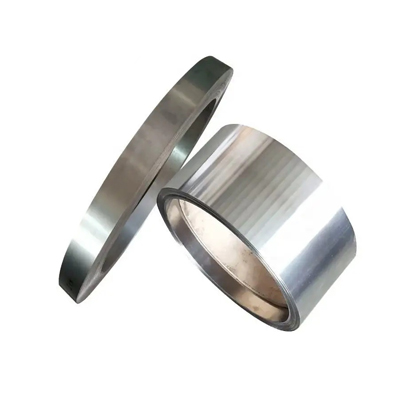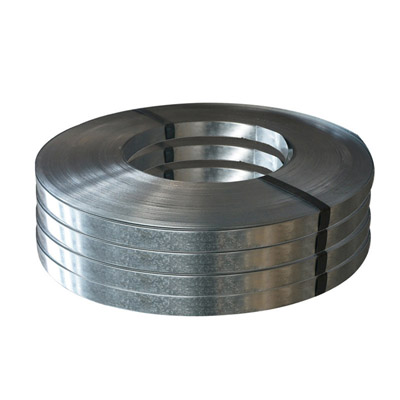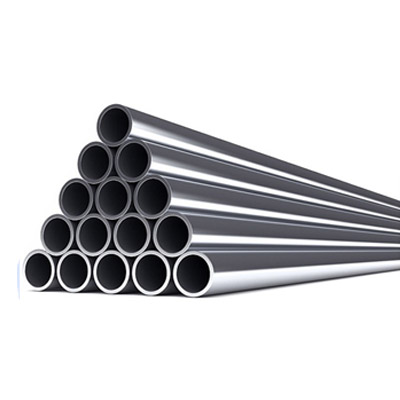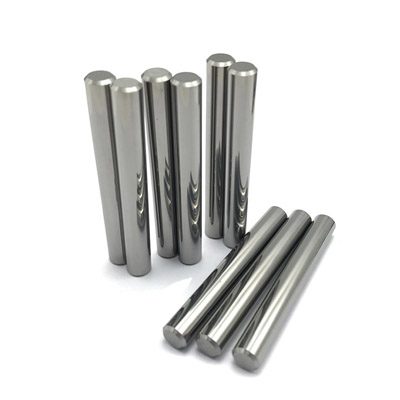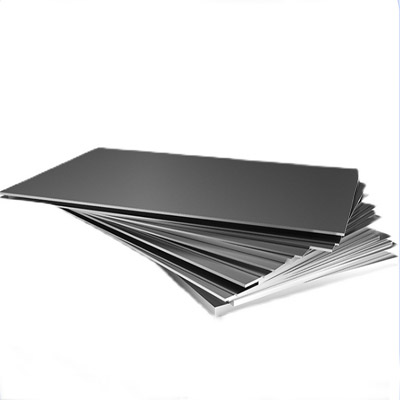Alloy K/UNS K94610/W. Nr. 1.3981 AMS5758/AMS5844/AMS5845
Overview
NILO alloy K (UNS K94610/W. Nr. 1.3981), a nickel-iron-cobalt alloy containing approximately 29% nickel and 17% cobalt. Its thermal expansion characteristics match those of borosilicate glasses and alumina type ceramics. It is manufactured to a close chemistry range, yielding repeatable properties which make it eminently suitable for glass-to-metal seals in mass production applications, or where reliability is of paramount importance.
The magnetic properties of Nilo alloy K are governed basically by its composition and by the heat treatment applied.
The composition of the alloy generally decides the optimum values of the magnetic properties, such as permeability, coercive force and hysteresis loss. The heat treatment given to the alloy will vary these properties between the worst and optimum levels.
The temperature is effective in changing permeability and other properties. For example, coercive force and residual induction will almost invariably decrease with increasing temperature, when no phase change occurs. It also follows that hysteresis decreases with increasing temperature.
Limiting Chemical Composition, %
Nickel.............................................................................................................................................................................................29.50
Iron.................................................................................................................................................................................................53.00
Coblat.............................................................................................................................................................................................17.00
Physical Constants
Density |
lb/in^3............................................................................................0.295 |
g/cm^3............................................................................................8.16 | |
Melting Range |
°F.....................................................................................................2640 |
°C....................................................................................................1450 | |
Inflection Point |
°F.......................................................................................................840 |
°C......................................................................................................450 | |
Thermal Conductivity |
at 20°C (68°F)..................................................................................116 |
Tensile Properties
Typical Mechanical Properties of NILO alloy K | |||||||
Temperature |
Tensile Strength |
Yleld Strength (0.2%Offset) |
Elongation on 50 mm (2 inch)% |
Reduction of Area % |
|||
℃ |
F |
MPa |
ksi |
MPa |
ksi |
||
20 |
68 |
520 |
75.0 |
340 |
49.0 38.0 |
42 |
72 |
100 |
212 |
430 |
62.0 |
260 |
42 |
72 |
|
200 |
392 |
400 |
58.0 |
210 |
30.0 |
42 |
72 |
300 |
572 |
400 |
58.0 |
140 |
20.0 |
45 |
73 |
400 |
752 |
400 |
58.0 |
110 |
16.0 |
49 |
76 |
Corrosion Resistance
NILO alloy K is a nickel-iron-cobalt alloy with good corrosion resistance. Its corrosion resistance mainly comes from the main components of the alloy and the special heat treatment process.
First, nickel is the main matrix element of NILO alloy K, which provides excellent corrosion resistance. The presence of nickel allows the alloy to remain stable in a variety of corrosive environments and resist the erosion of corrosive media.
Secondly, the addition of iron and cobalt further improves the corrosion resistance of the alloy. Iron and cobalt form a dense oxide film that prevents further oxidation and corrosion. This oxide film plays a protective role and effectively isolates the contact between the alloy and the external corrosive medium.
In addition, NILO alloy K has undergone a special heat treatment process to further enhance its corrosion resistance. Through proper heat treatment, the element distribution in the alloy is more uniform, forming a more dense oxide film, and improving the resistance to corrosive media.
It is important to note that although NILO alloy has good corrosion resistance, corrosion is still possible when exposed to highly corrosive media or environments. Therefore, in the process of use, it is necessary to evaluate its corrosion resistance according to the specific situation, and take the necessary protective measures, such as selecting the appropriate coating or passivation treatment method, to extend its service life and ensure its stable performance.
Thermal Treatments
The alloy is normally used in the annealed condition, attained by heating, preferably in hydrogen or cracked ammonia, to 850-1000°C (1560-1830°F).
Decarburization to prepare for glass-to-metal sealing is usually carried out in an atmosphere of wet hydrogen at 900- 1050°C (1650-1920°F) for 1 hour. For seals requiring a metal oxide interface, the alloy can be oxidized by heating in air to temperatures in the 600-1000°C (1110-1830°F) range, depending on the thickness of oxide film required.
Available Forms
● Strips & Tape
● Wire & Welding
● Pipe & Tube
● Sheet & Foils
● Flanges & Forgins
description2



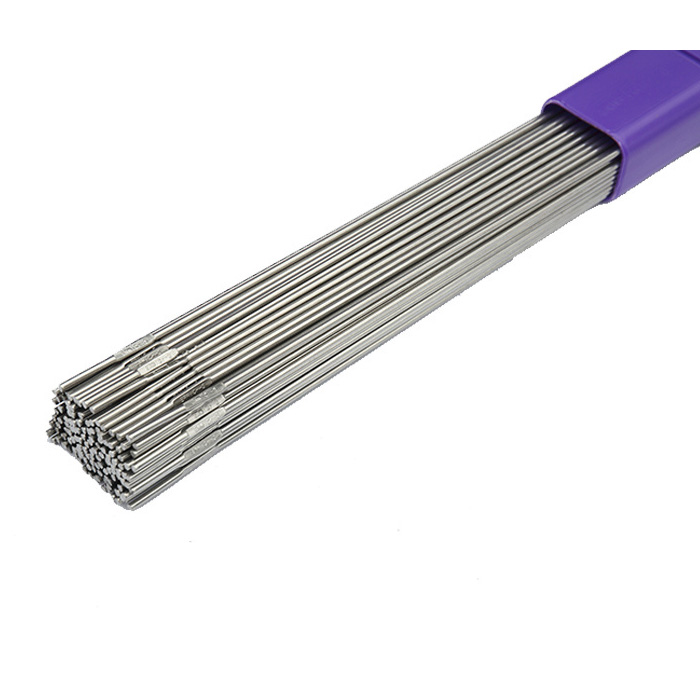 Inconel 625
Inconel 625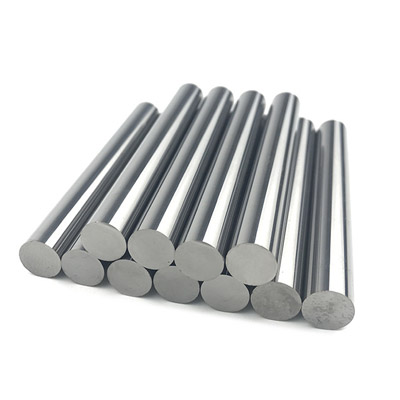 Inconel 718
Inconel 718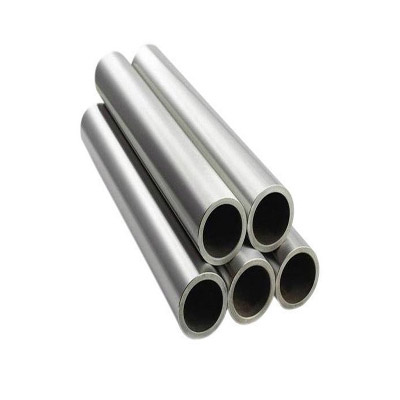 Inconel 725
Inconel 725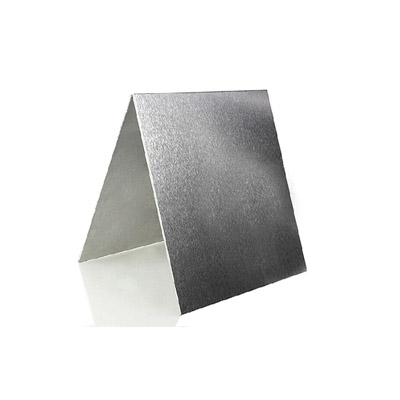 Inconel X-750
Inconel X-750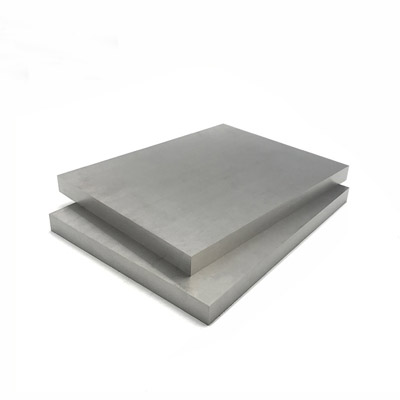 Inconel 690
Inconel 690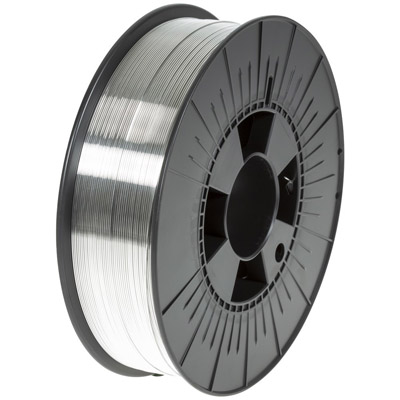 Inconel 617
Inconel 617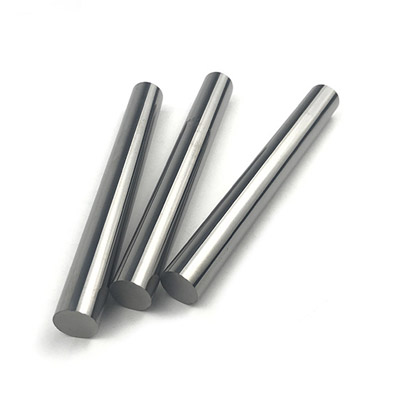 Inconel 601
Inconel 601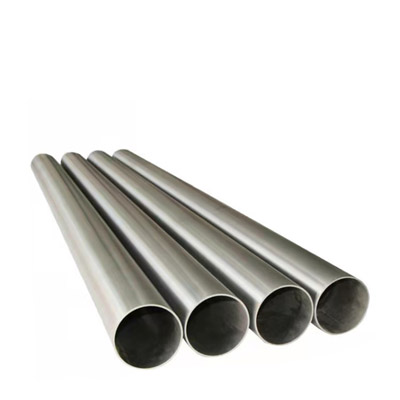 Inconel 600
Inconel 600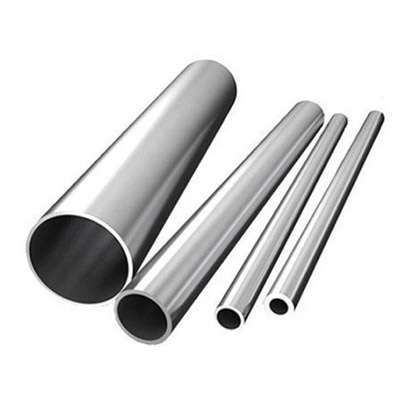 Inconel 686
Inconel 686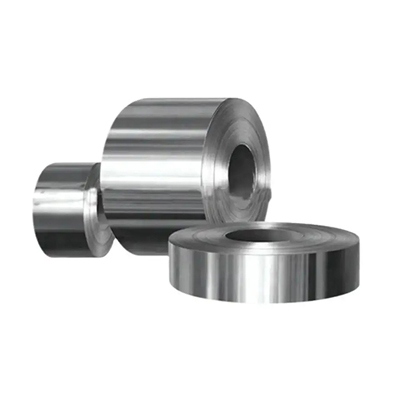 Inconel 602CA
Inconel 602CA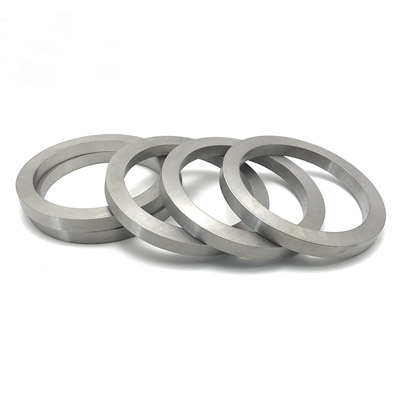 Incoloy A-286
Incoloy A-286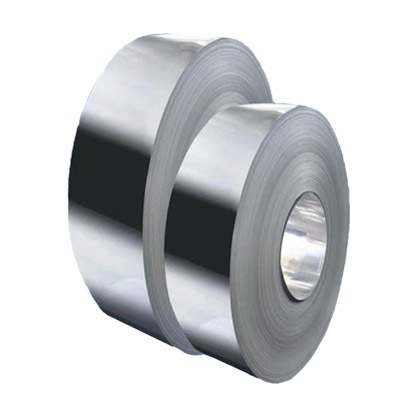 Incoloy 825
Incoloy 825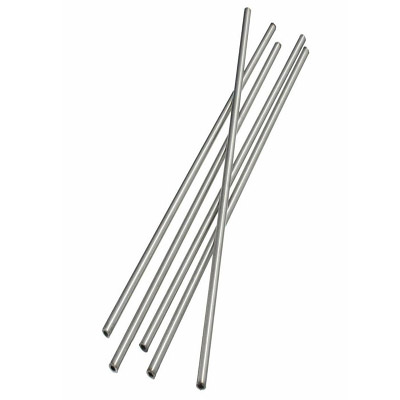 Incoloy 925
Incoloy 925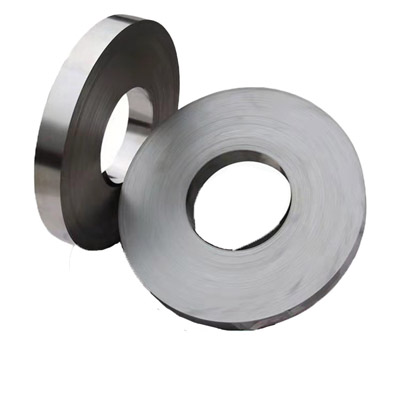 Incoloy 926
Incoloy 926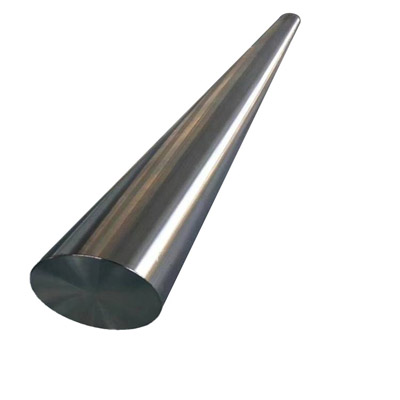 Incoloy 800
Incoloy 800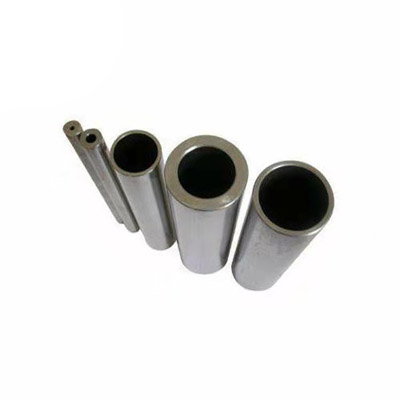 Incoloy 800H
Incoloy 800H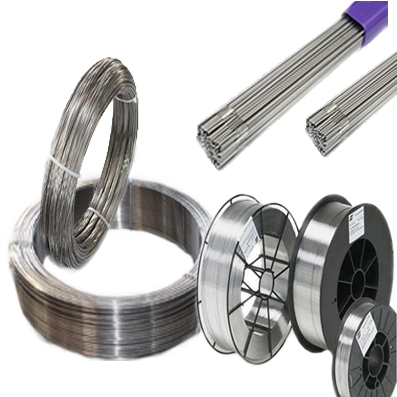 Incoloy 800HT
Incoloy 800HT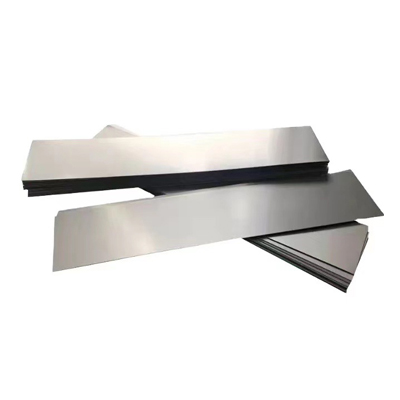 Incoloy 909
Incoloy 909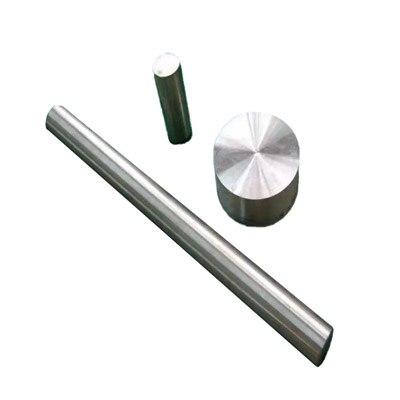 Incoloy 31
Incoloy 31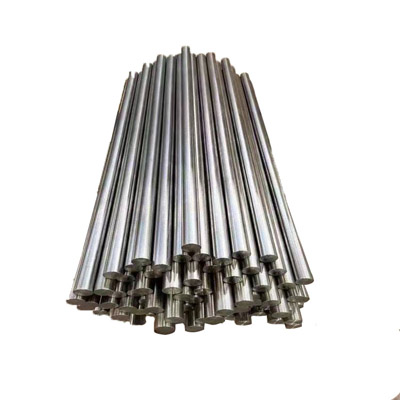 Incoloy 901
Incoloy 901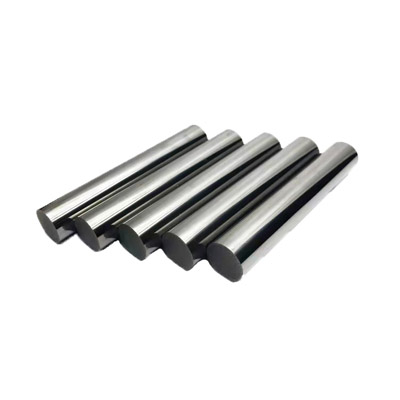 Monel K-500
Monel K-500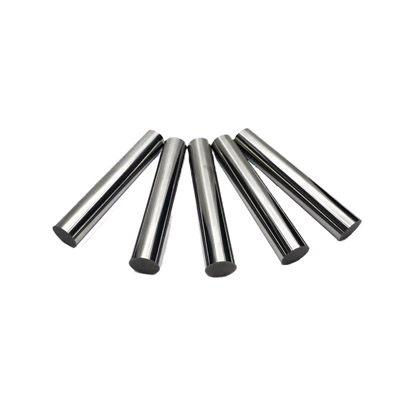 Monel 400
Monel 400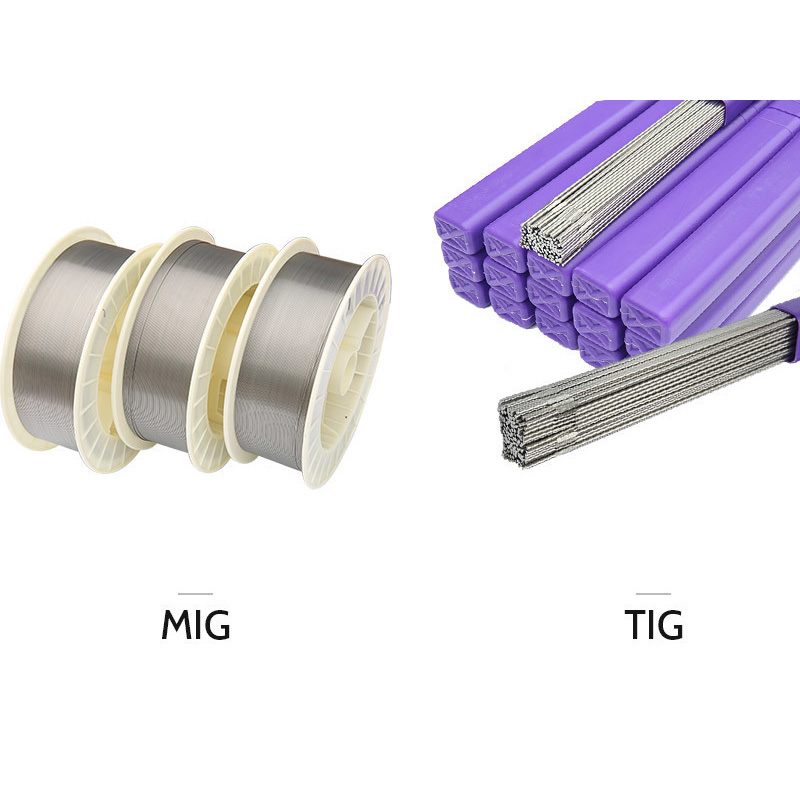 Nimonic 263
Nimonic 263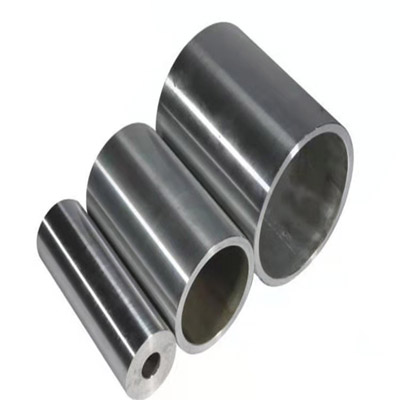 Nimonic 75
Nimonic 75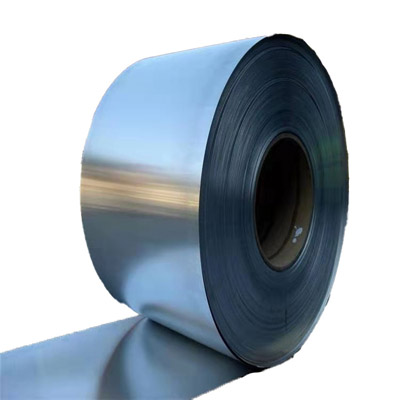 Nimonic 80A
Nimonic 80A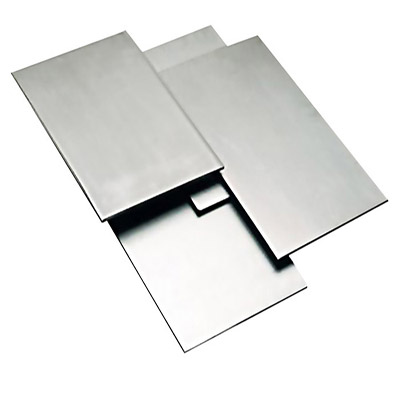 Nimonic 90
Nimonic 90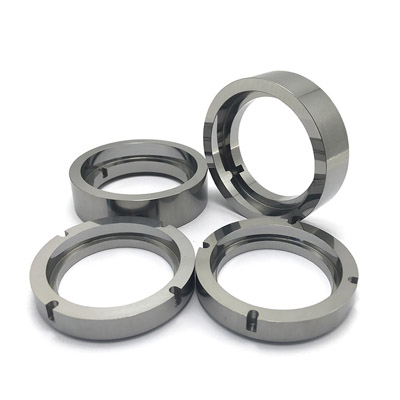 Nimonic PE11
Nimonic PE11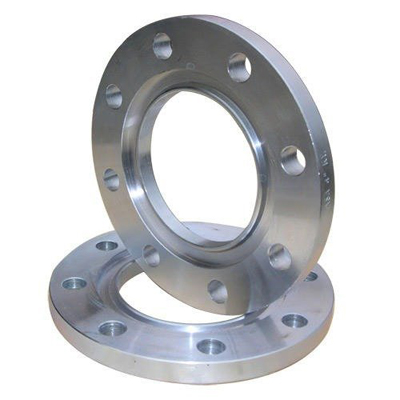 Nimonic PE16
Nimonic PE16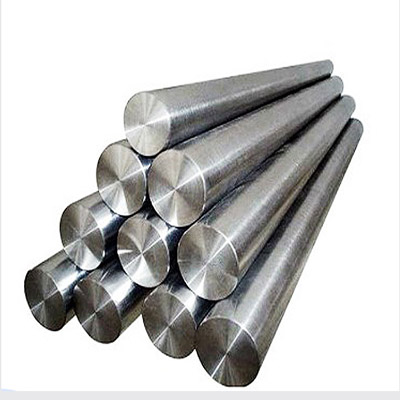 Nimonic PK33
Nimonic PK33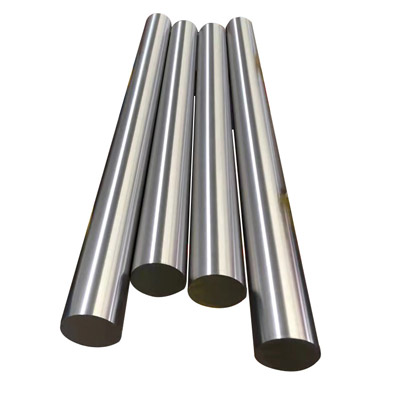 Nimonic 901
Nimonic 901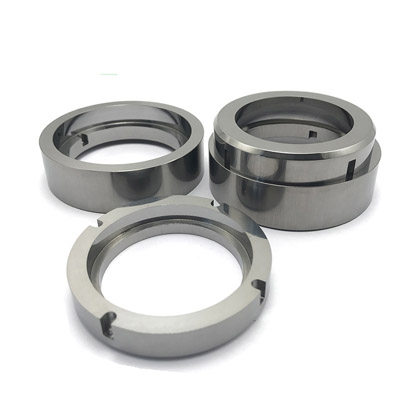 Nimonic 81
Nimonic 81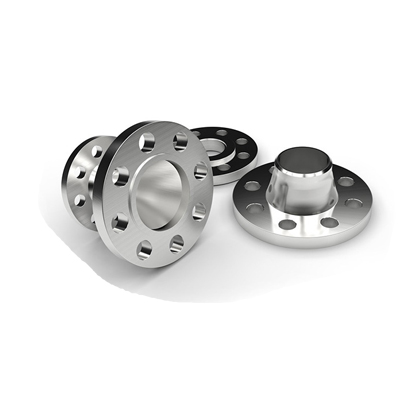 Nimonic 86
Nimonic 86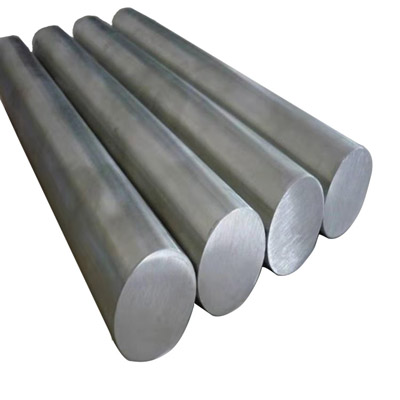 Nimonic 105
Nimonic 105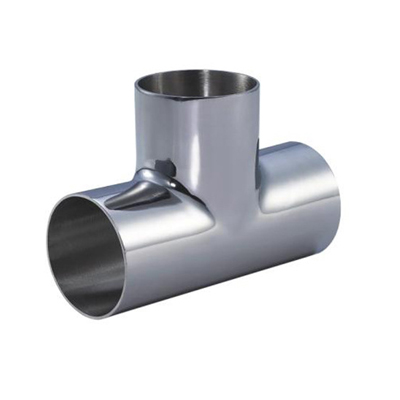 Nimonic 115
Nimonic 115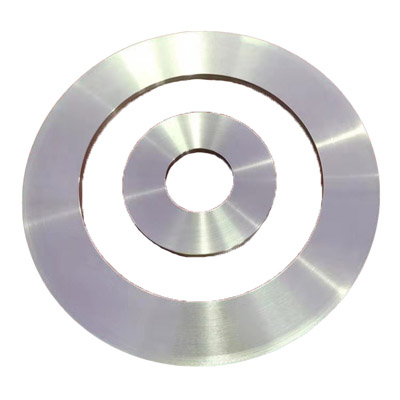 Hastelloy C-276
Hastelloy C-276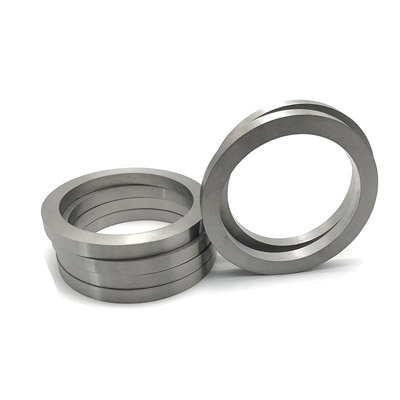 Hastelloy C
Hastelloy C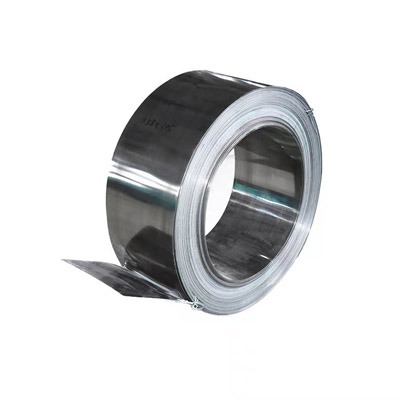 Hastelloy C4
Hastelloy C4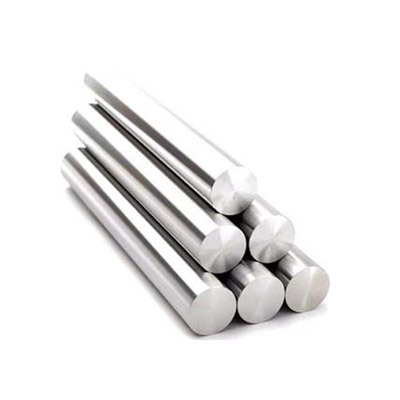 Hastelloy C-22
Hastelloy C-22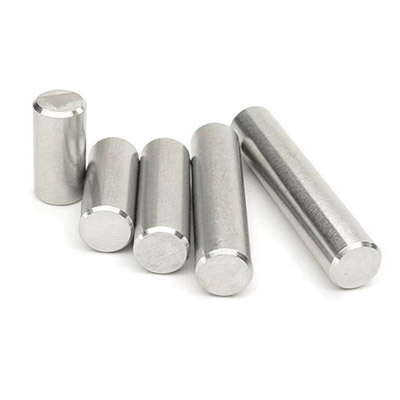 Hastelloy C-2000
Hastelloy C-2000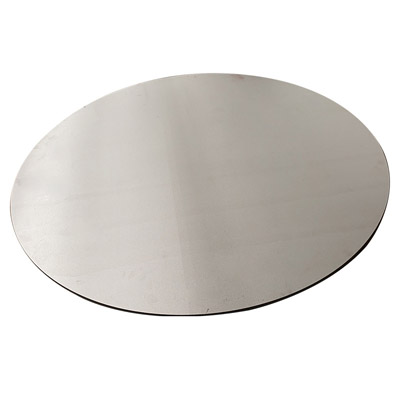 Hastelloy B-2
Hastelloy B-2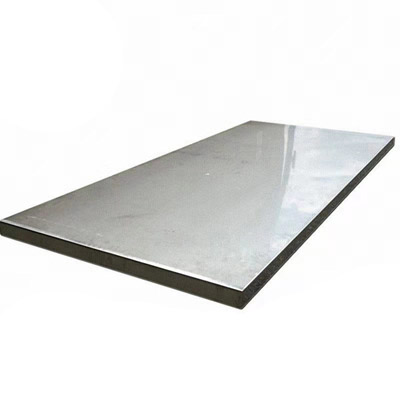 Hastelloy B-3
Hastelloy B-3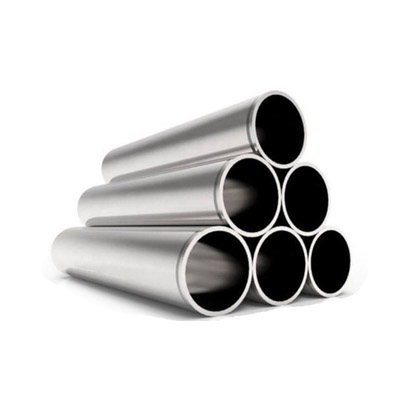 Hastelloy G30
Hastelloy G30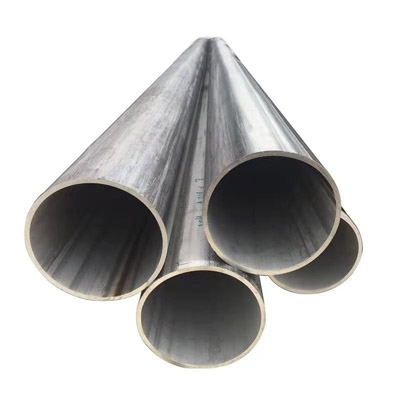 Hastelloy X
Hastelloy X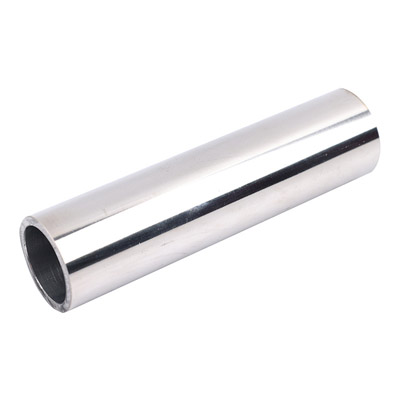 Super Invar 32-5(4J32)
Super Invar 32-5(4J32)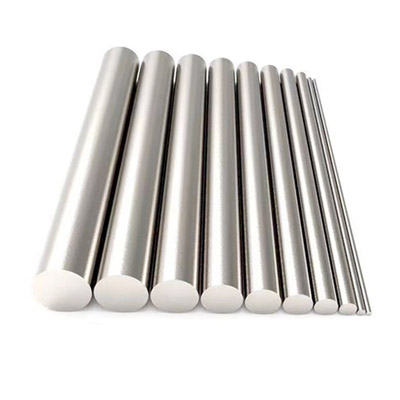 Alloy 36(4J36)
Alloy 36(4J36)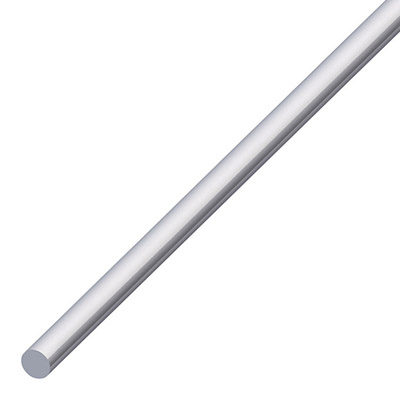 Alloy 42(4J42)
Alloy 42(4J42)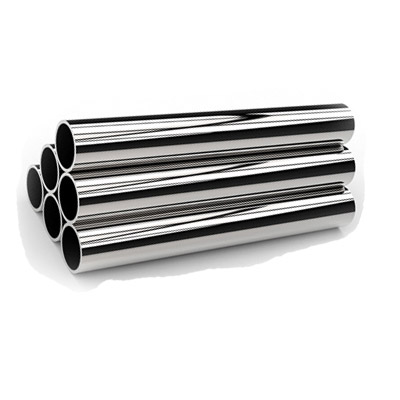 Alloy 50(1J50)
Alloy 50(1J50)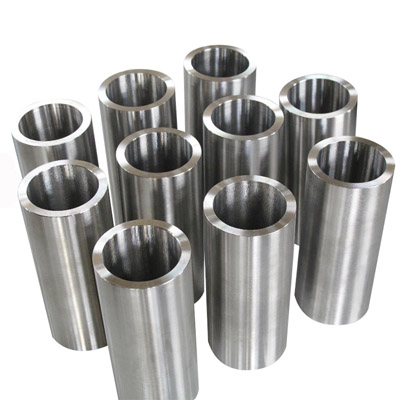 Hiperco 50(1J22)
Hiperco 50(1J22)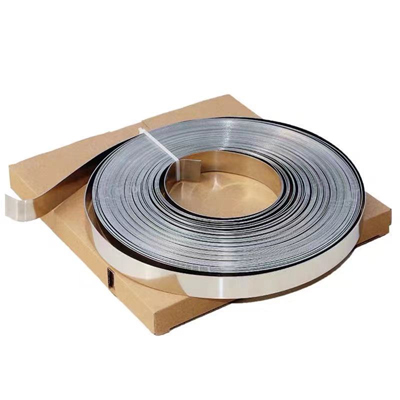 Alloy 46
Alloy 46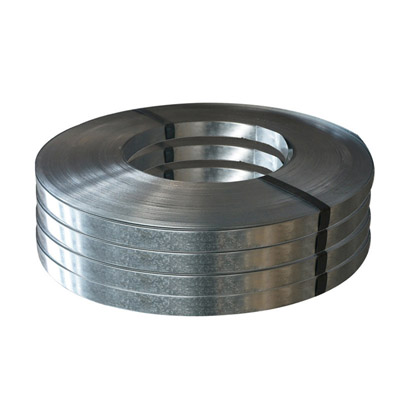 Permalloy (1J79)
Permalloy (1J79)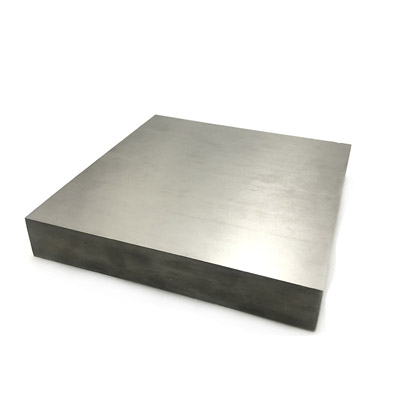 Supermalloy(1J85)
Supermalloy(1J85)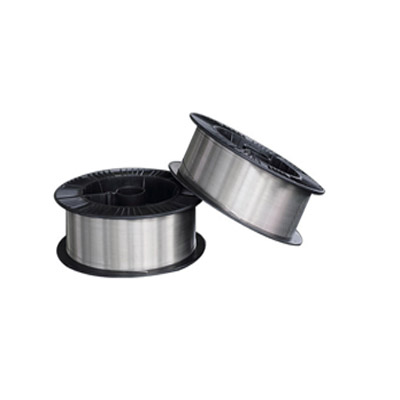 ERNiCrMo-2
ERNiCrMo-2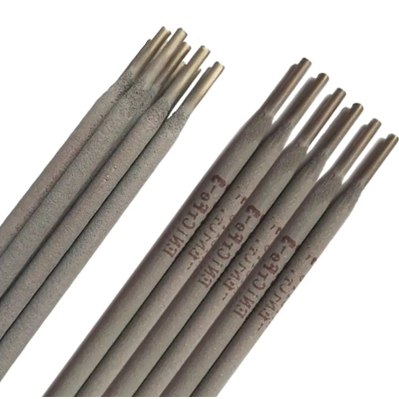 ERNiCrMo-3
ERNiCrMo-3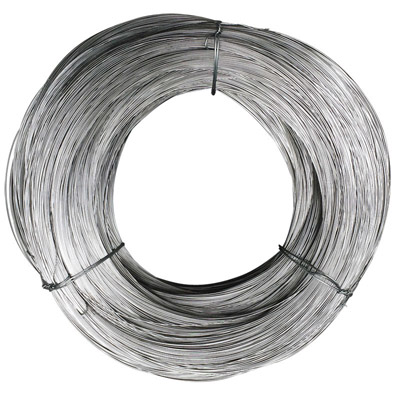 ERNiCrMo-4
ERNiCrMo-4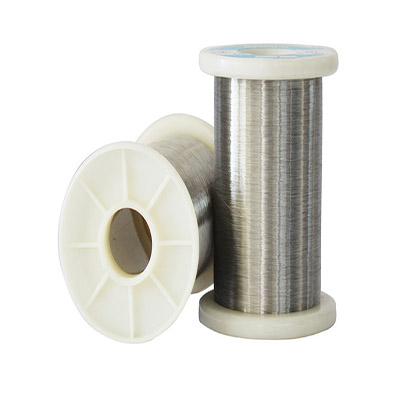 ERNiCrFe-7
ERNiCrFe-7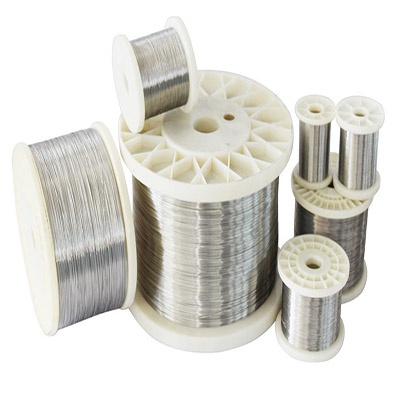 ERNiCrFe-7A
ERNiCrFe-7A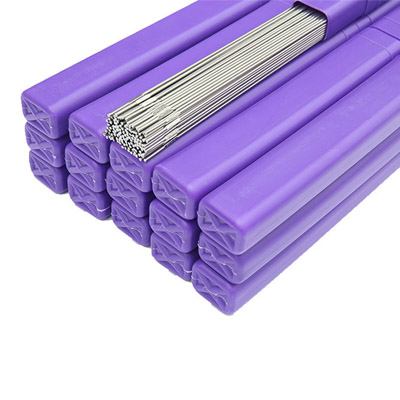 ERNiCrMo-10
ERNiCrMo-10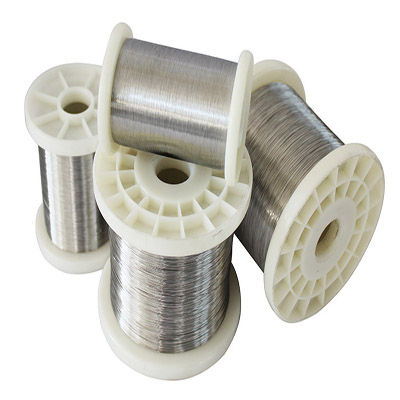 ERNiCrCoMo-1
ERNiCrCoMo-1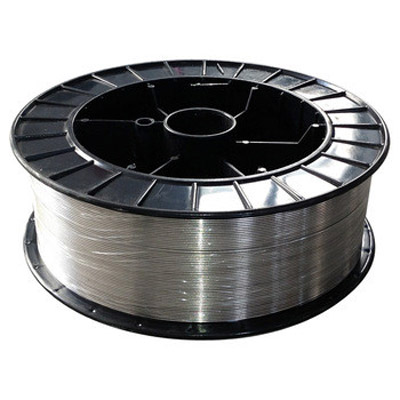 ERNiFeCr-2
ERNiFeCr-2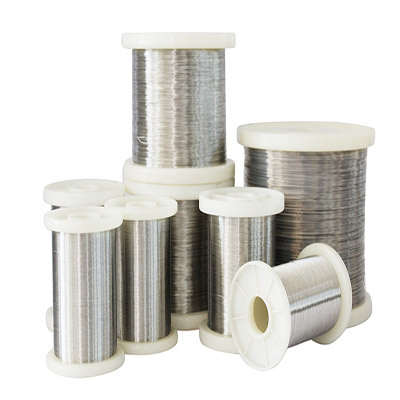 ERNiFeCr-1
ERNiFeCr-1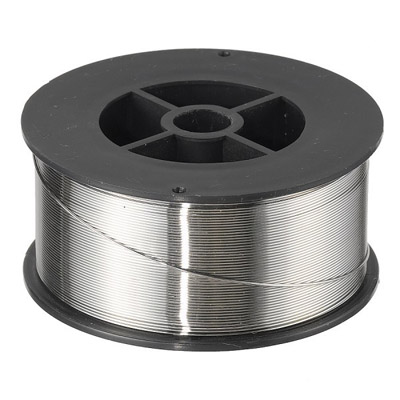 ERNiMo-8
ERNiMo-8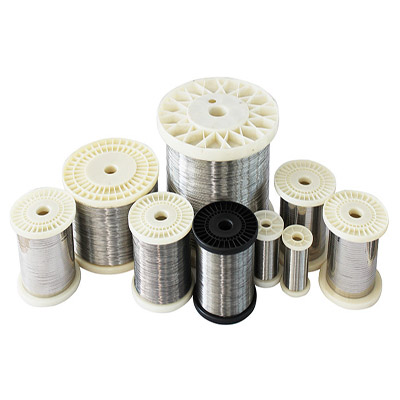 ERNiCrMo-13
ERNiCrMo-13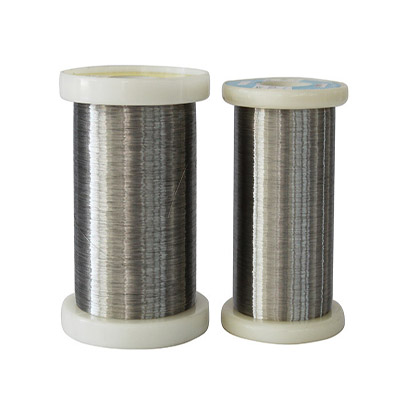 ERNiCr-4
ERNiCr-4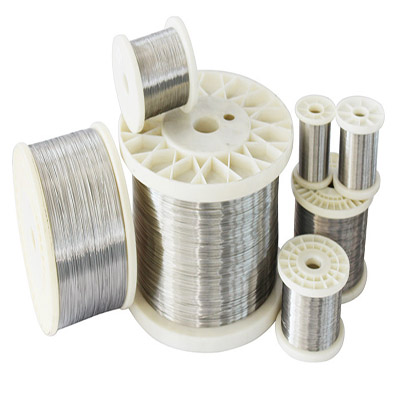 ERNiCr-3
ERNiCr-3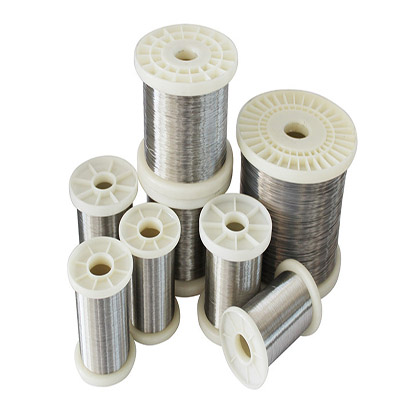 ERNi-1
ERNi-1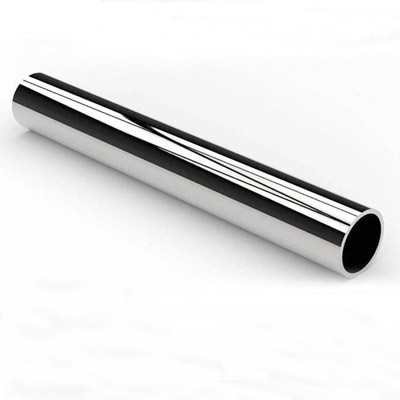 Haynes-25
Haynes-25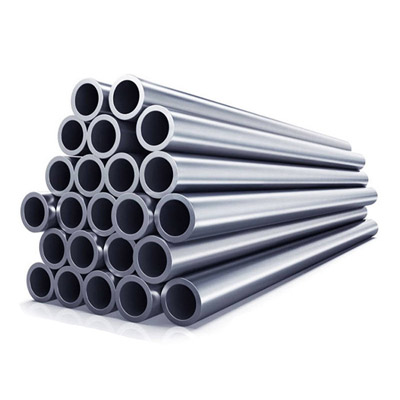 Hayness-188
Hayness-188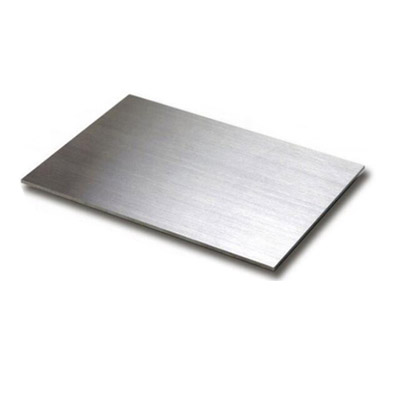 MP35N
MP35N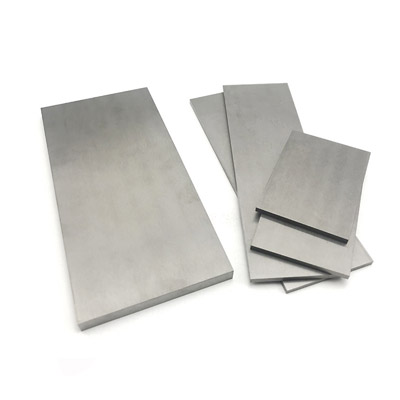 Refractory 26
Refractory 26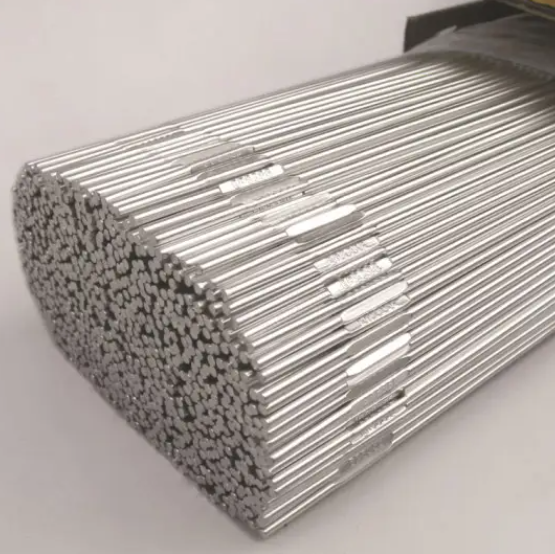 Waspaloy alloy
Waspaloy alloy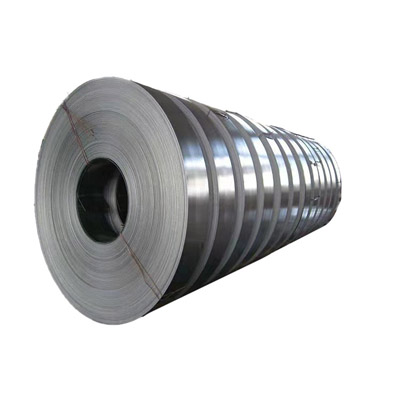 17-4PH
17-4PH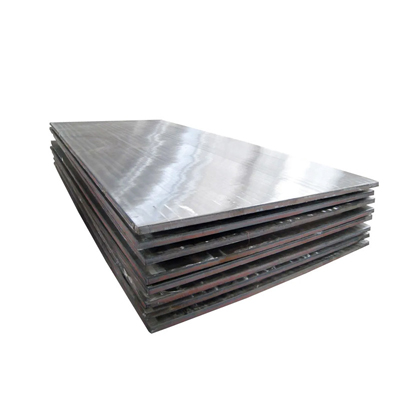 17-7PH
17-7PH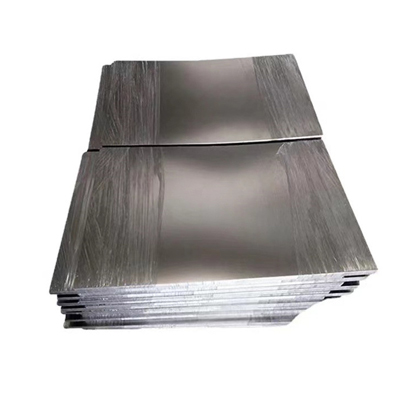 904L
904L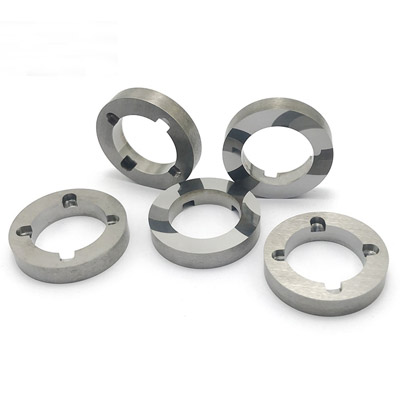 Nitronic 50
Nitronic 50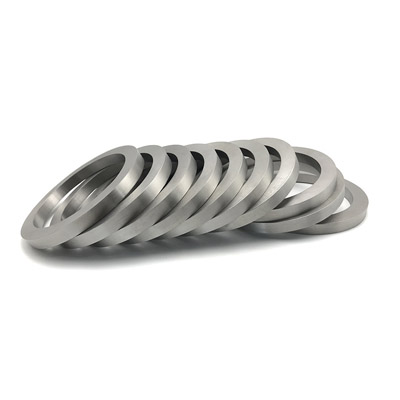 Nitronic 60
Nitronic 60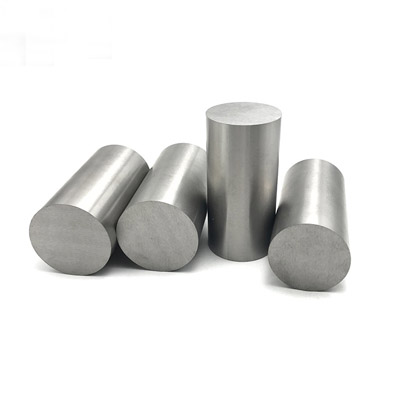 AL-6XN
AL-6XN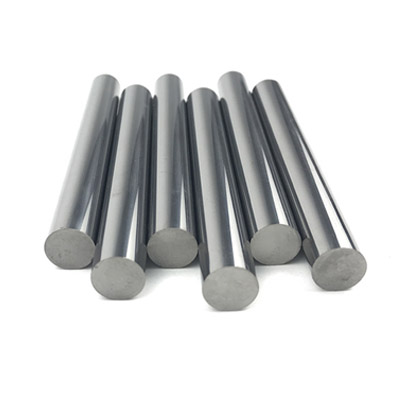 F55
F55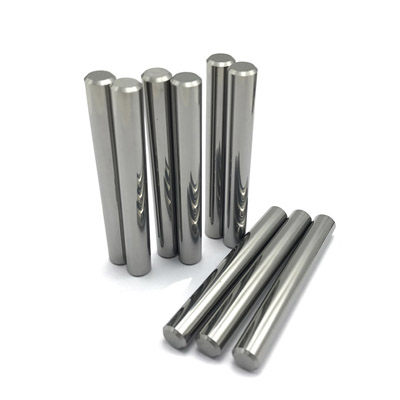 PH 13-8
PH 13-8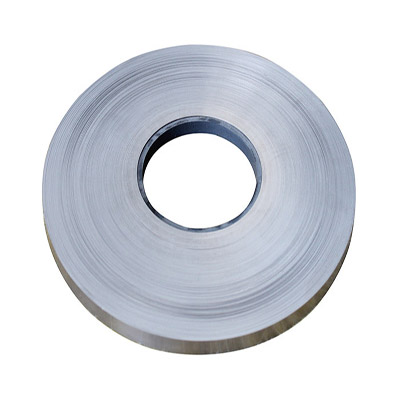 Haynes-230
Haynes-230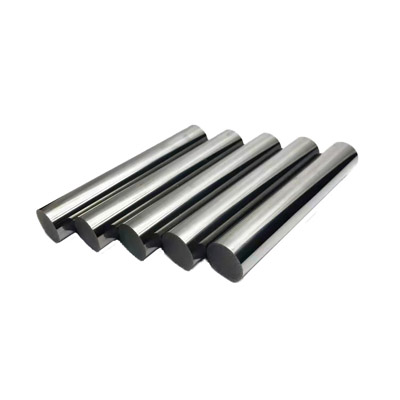 Nickel 200
Nickel 200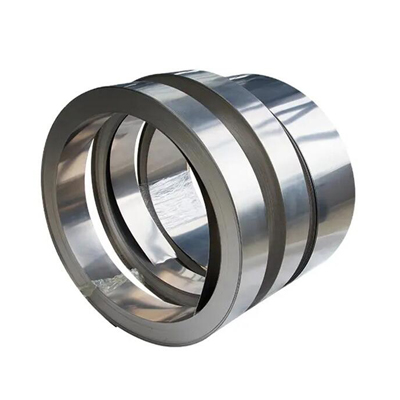 Cr20Ni80
Cr20Ni80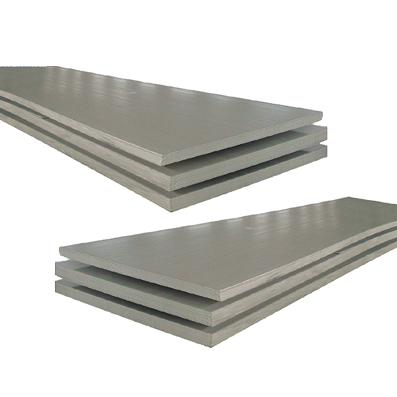 Sheet & Plate
Sheet & Plate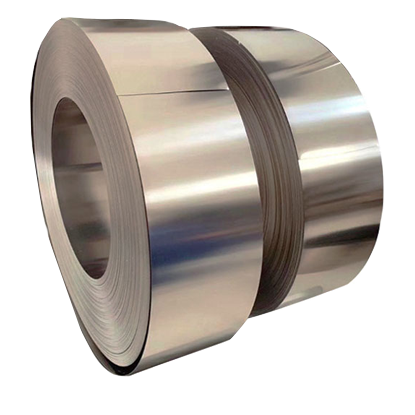 Strip & Foil
Strip & Foil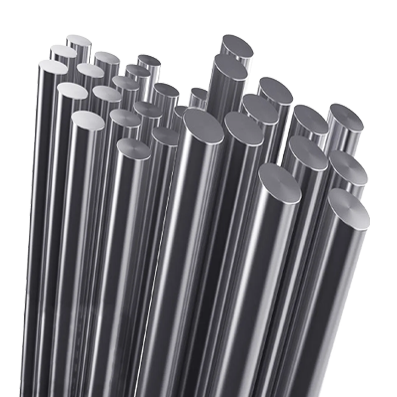 Bar & Rod
Bar & Rod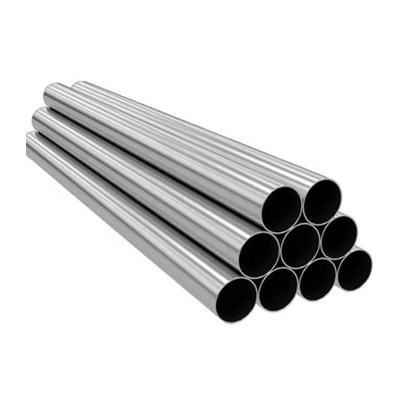 Pipe & Tube
Pipe & Tube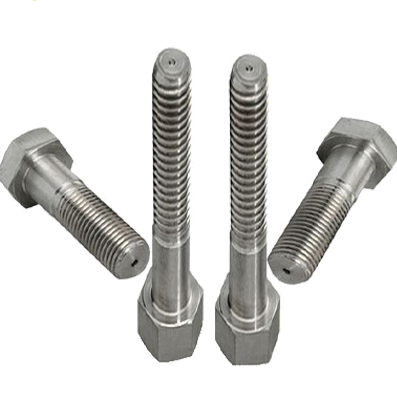 Bolts & Fasteners
Bolts & Fasteners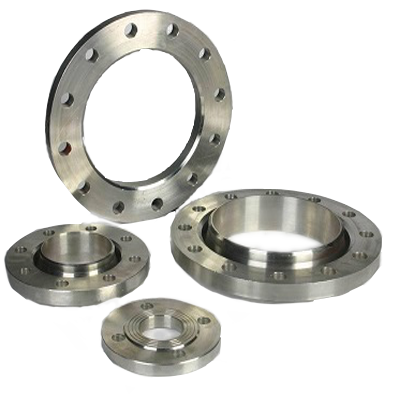 Flange & Ring
Flange & Ring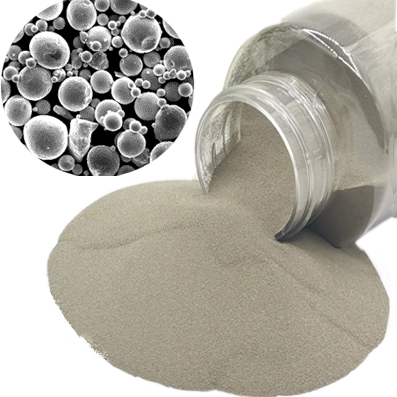 Nickel Alloy Powder
Nickel Alloy Powder
